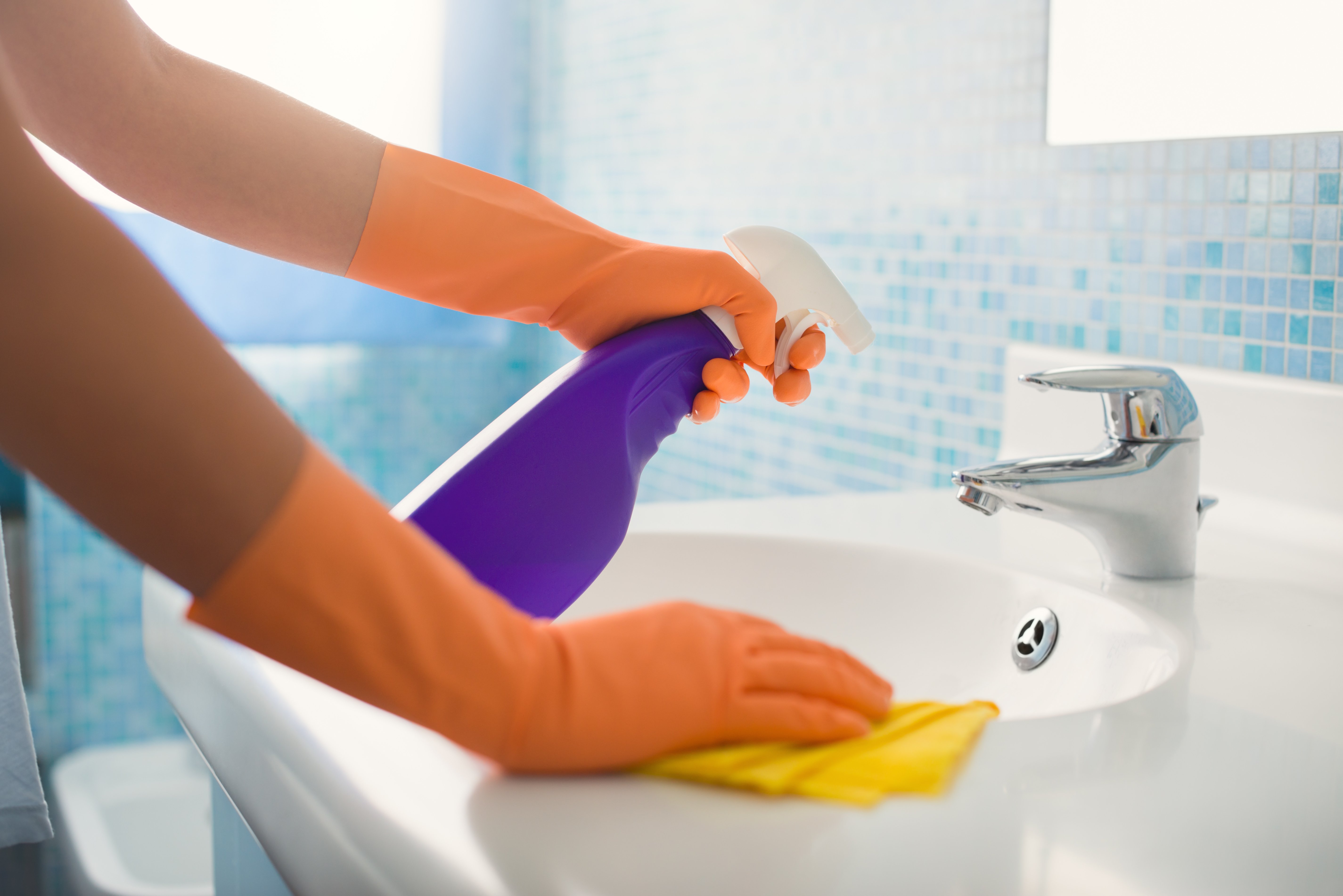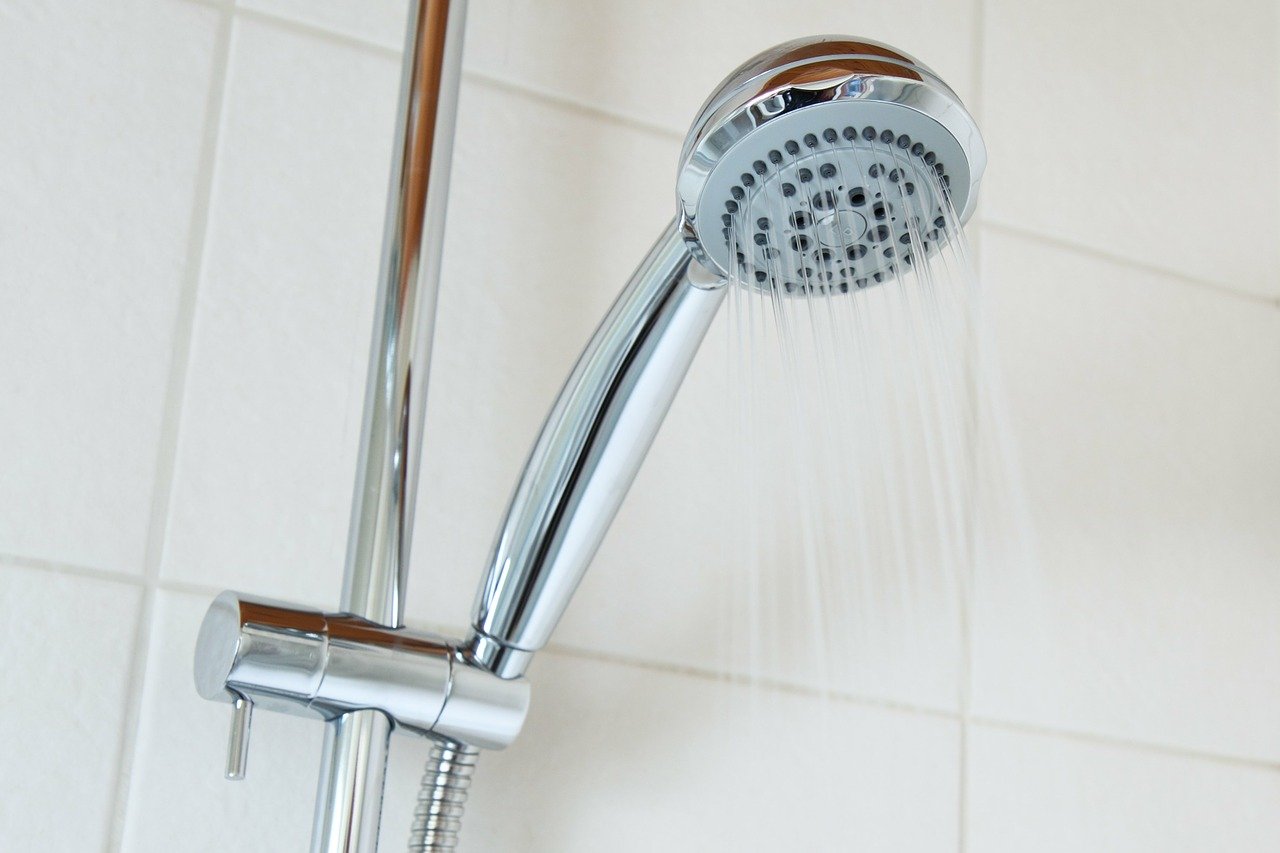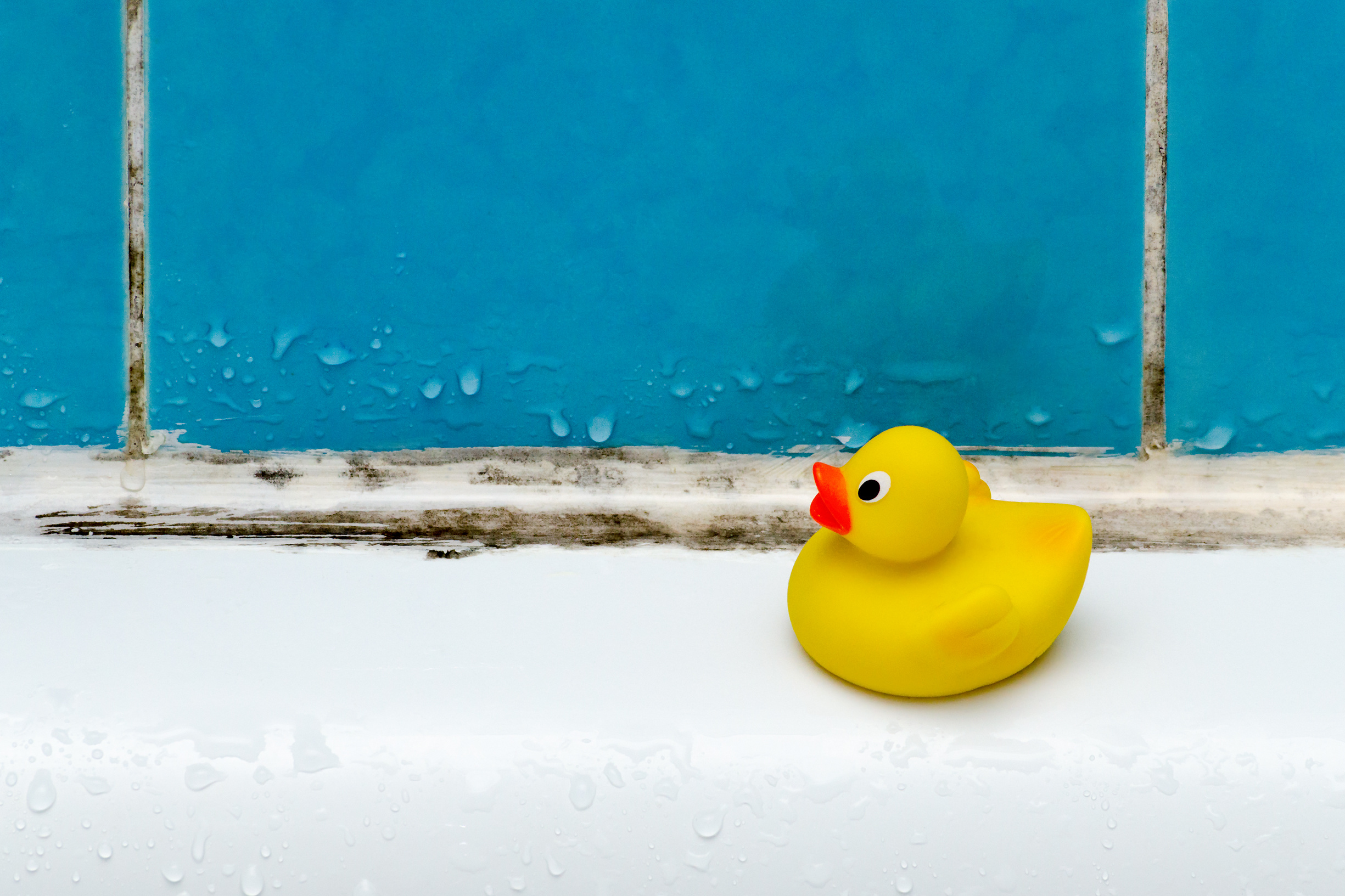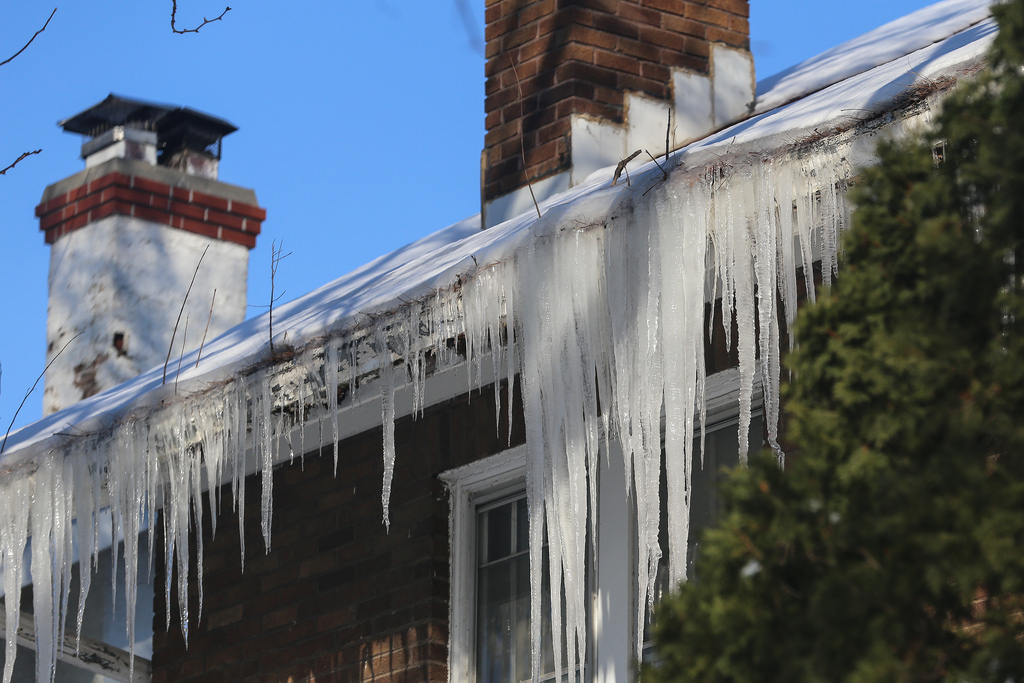Pipes are a nutrient oasis for tree roots. Why? They contain oxygen, nutrients, and water, things the roots naturally seek. Vapor from the pipes escapes to the outside soil and the roots grow toward the moisture in the pipe. If it can, the root will find a crack or small hole in the pipe and then grow—which widens the hole in the pipe and makes things worse.
Once inside, the root will continue to grow which then acts as a collector of toilet paper and waste, causing blocks to the line. Eventually, the clog will completely block the flow and make a big mess as well as a costly fix.
Fortunately, there are four ways to help prevent these problems before they start. Here are tips for how to protect your plumbing from tree roots:











.png)